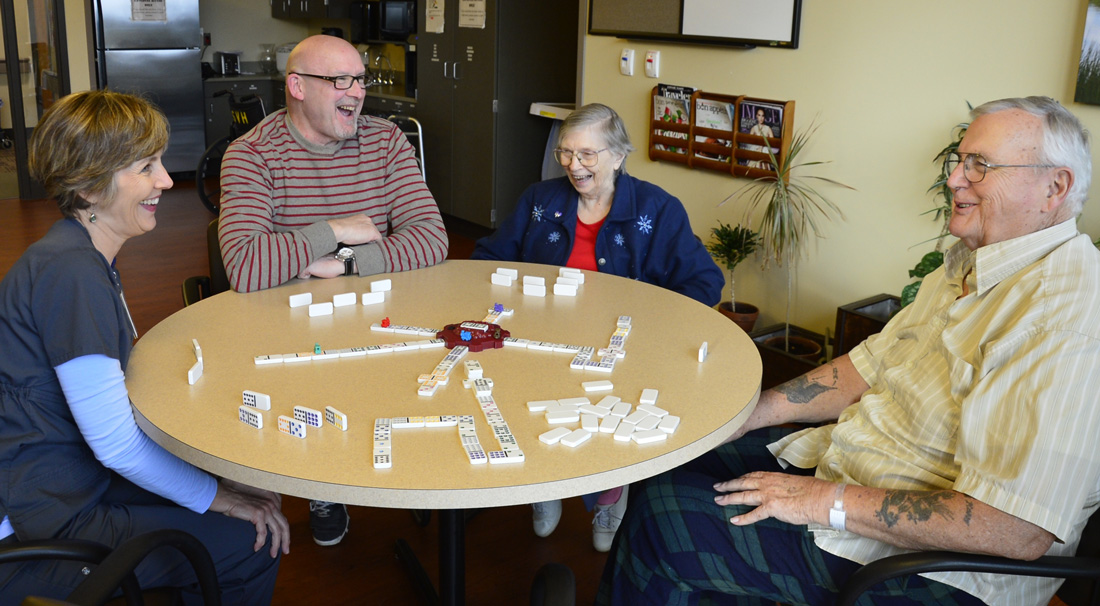While there is a link between age and decreasing memory, there are things you can do to help boost your mental power.
Have you ever walked into a room only to forget what you were supposed to do? While this is certainly frustrating, is it something to cause concern, or simply a sign of our aging brain?
Britney Varhley, Speech-Language Pathologist for Snoqualmie Valley Hospital District, works with patients who have cognition deficits caused by stroke, traumatic brain injury or brain injury due to lack of oxygen. One thing she recommends is that people practice mental flexibility to enhance their memory.
“For example, practice divided tasks like listening to the news on the radio while doing a crossword puzzle,” she said. “Another technique is to alternate tasks, like working on a puzzle for a few minutes and then switching to reading a few pages.”
Here are some other tips to help improve your memory:
1. Exercise your mind
Read, do crossword puzzles, learn a new language or play video games.
2. Stay active
Regular exercise, like walking and hiking, can help improve memory and cognitive function.
3. Eat smart
Follow a healthy diet by eating foods rich in antioxidants. Also drink adequate amounts of water to keep hydrated.
4. Decrease stress
Stress may limit your ability to store and recall information. Incorporate enjoyable activities into your life that are relaxing to help manage stress.
5. Get organized
Use a daily planner, make task lists and organize your possessions so they are easier to locate.
6. Repeat yourself
When preparing to do a task, repeat the task aloud to imprint it in your memory.
7. Socialize
Having fun with friends helps keep your brain active and may also ward off depression, which can make it difficult to pay attention and focus.
8. Avoid drugs and excessive alcohol
Avoid unhealthy habits like excessive alcohol or the use of street drugs, which can cause memory lapses.
9. Get plenty of rest
Lack of sleep can cause forgetfulness. Try to get plenty of sleep every night so you are rested and ready to be productive.
“Try not to get frustrated if you can’t accomplish everything at once,” Varhley said. “Every stride you make will help you reach your optimum memory function.”
There are some conditions and injuries that may not respond to the above tips alone. If you are concerned that you or someone you know may have memory problems, consult with your health care provider.

